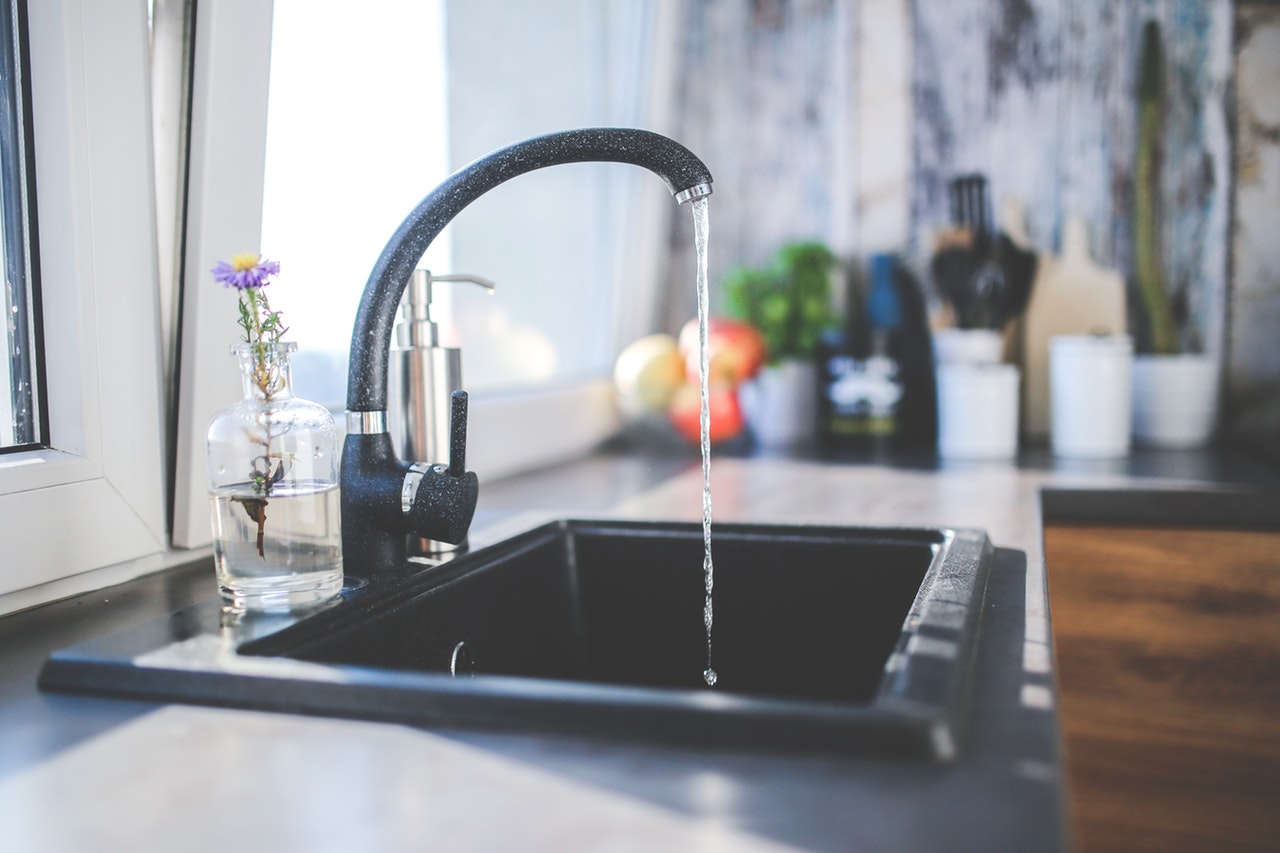
Reducing water usage and water wasted at home can have a positive impact on the environment; help save money, time, and energy; and even benefit overall health. We asked community members what they do to conserve water at home and compiled their responses into easy steps that you can build into your routine to be a good water manager.
Save Water Indoors
- Pay attention every time you turn on a faucet handle.
- A low volume flow is adequate for washing hands or rinsing a dish.
- When hand washing dishes, fill a dish pan in the sink with water for rinsing instead of using running water. This water could be reused for plants or lawns by pouring into a watering can.
- Turn off the faucet when brushing teeth or shaving.
- Take shorter showers; try setting a timer for 4-5 minutes.
- Use water-saving devices.
- Install water-saving shower heads or flow restrictors. This can cut water flow use by 40% or more, and still provide good water flow (check county water district or city services for free options).
- When replacing appliances, ask about water efficiency.
- Run your washing machine or dishwasher for full loads only.
- Dishwasher detergents are formulated to rehydrate dried food, so generally pre-rinsing dishes is not necessary.
- Rethink water use when cooking.
- Instead of pouring cooking water down the drain, water drained from pasta, vegetables, beans, or eggs can be brought to room temperature and used to water outdoor plants or grass.
- Make beans the main entrée once a week. They are a good source of protein and fiber and have a much smaller water footprint than other protein rich foods.
Save Water Outdoors
- Follow water-saving practices.
- Water lawns and gardens in the morning while the temperature is still cool.
- Collect rainwater in rain barrels for watering gardens or house plants. Check local ordinances to learn about best practices for collecting rainwater or incentives for reducing water use. Avoid leaving ‘standing water’ in buckets or other containers to control mosquito breeding habitat.
- Turn off irrigation after adequate rainfall.
- Fix irrigation leaks immediately.
- Check your water bill regularly to be aware of changes. A higher bill might indicate a water leak, or it may go down when following water-saving habits!
- Rethink landscaping.
- Choose drought-tolerant native plants.
- Mulch gardens with leaves or grass clippings to conserve water.
- Select lawn grass or plant alternative with lower water requirements that are still kid and pet friendly.
Visit our How to Reduce Food Waste at Home article for more tips on conservation at home!

